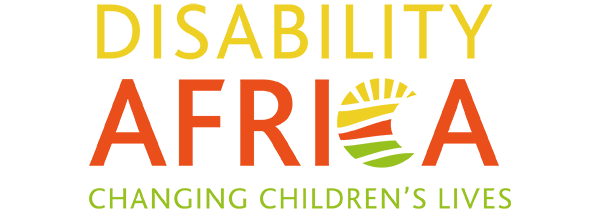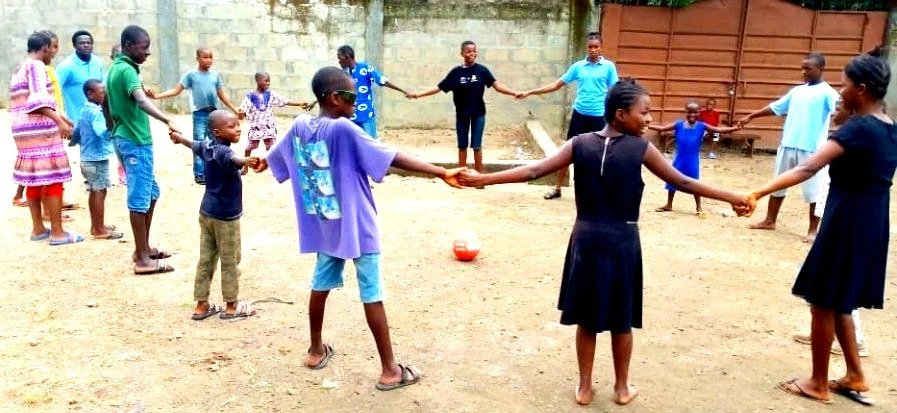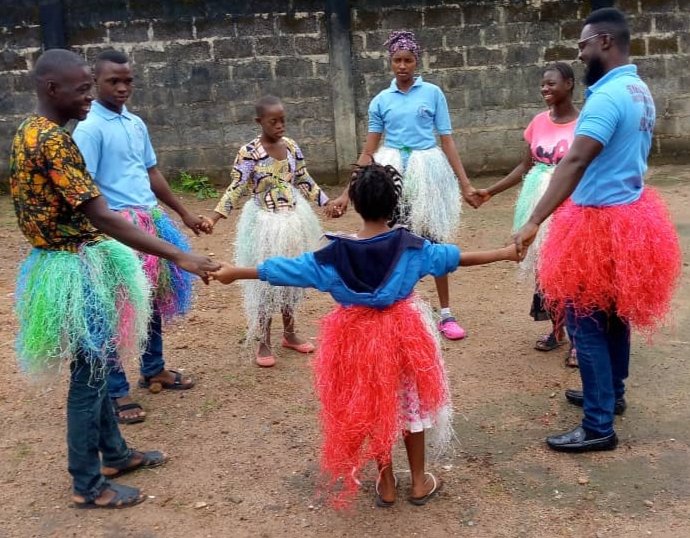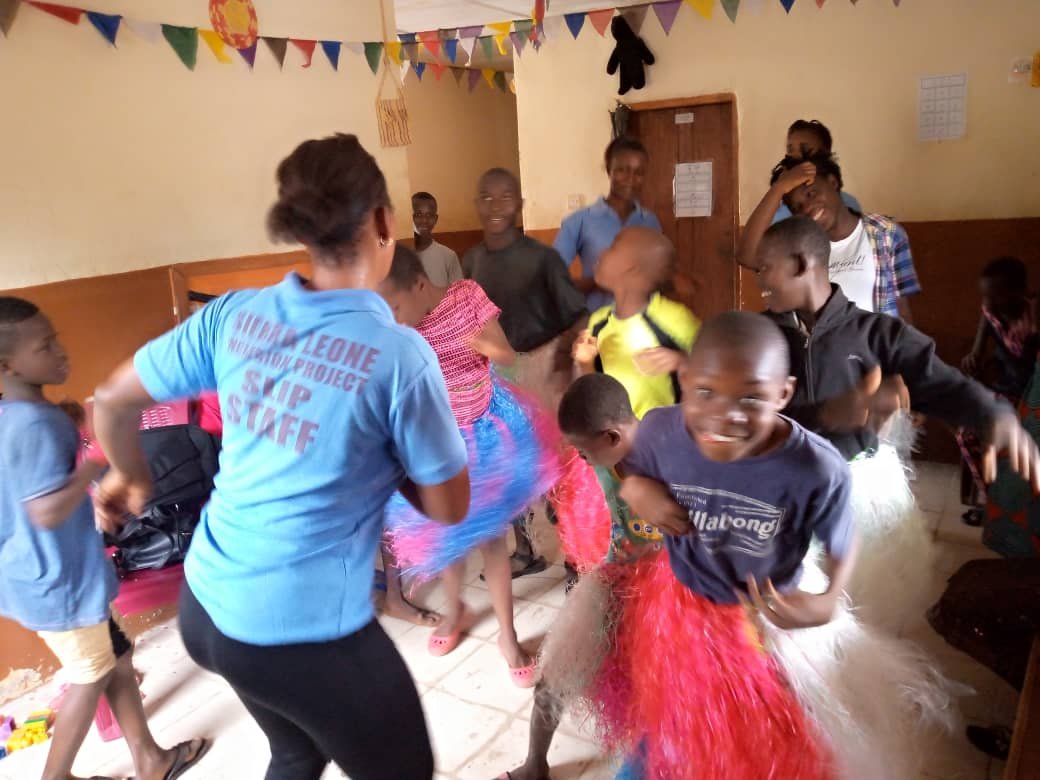Sierra Leone
The Sierra Leone Inclusion Project
Our work in Sierra Leone began with a visit to the capital – Freetown, a city of close to a million people. In this area, it is estimated that there are over 50,000 disabled young people. While recognising the capital city’s extensive poverty and the desperate circumstances disabled people face, we realised the acute need for projects in the more isolated parts of the country. This includes Makeni, which is Sierra Leone’s fifth largest city.
In Makeni – like everywhere in Sierra Leone - medical, social, and therapeutic services are virtually non-existent. To meet the needs of disabled children and young people in Makeni, we partnered with Mary Penn-Timity and Alice Browne – Founding Directors of the Sierra Leone Autistic Society. Mary and Alice are Sierra Leonean and are both qualified social workers with extensive experience in the UK and USA and are champions of disabled children. Mary is a mother to a child with autism.
As part of their work in Makeni, Mary and Alice encountered desperate families of disabled children without access to any support in keeping their children safe, happy, and healthy. Recognising these families’ acute need for help, it was clearly necessary to initiate a project in Makeni in addition to the Freetown Inclusion Project, in order to provide parents of disabled children with a viable ‘life-supporting’ alternative. The SLIP launched in April 2019, and is already improving the lives of many disabled children and their families.
In 2023 the team in Makeni (in the middle of Sierra Leone) delivered 2,544 visits for 123 disabled children registered at a playscheme that is open 5 days/week. Disabled children here are especially vulnerable in a part of the world ranked 182 out of 189 countries in the 2020 Human Development Index. Despite enormous challenges, the project is at an exciting stage since we expect it to complete its transition to running independently of financial support from Disability Africa by June next year.
The Sierra Leone Autistic Society (who have been our partners in Sierra Leone) are planning to add a skills training facility for young disabled adults to their range of projects and the revenue from this is hoped to fund the ongoing play activities.
We are so proud of what they have achieved and wish them well for the future.











